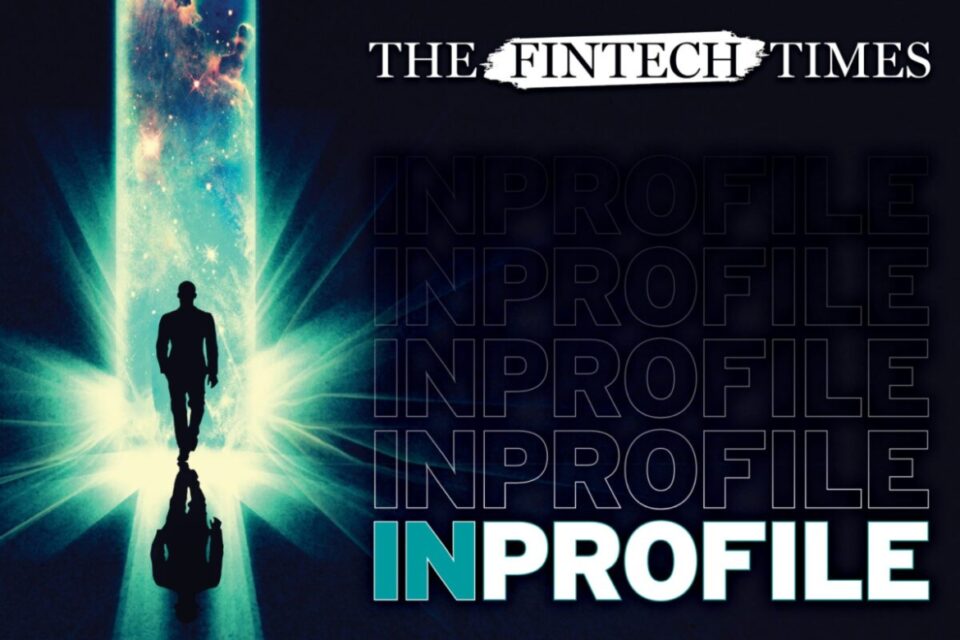Financial management has become a key area of development for businesses operating within the commercial landscape of the post-pandemic world. And with the benefits of automation coming front and centre, is software-as-a-service (SaaS) truly the future of finance?

Here, we sat down with Brett Turner, chief executive officer at Trovata, a cash management platform headquartered in San Diego, California, primarily focused on automating cash reporting, forecasting, analysis, and money movement, to understand how by bridging the gap between banks and accounting systems, Trovata is helping companies gain powerful insights into their cash flows and facilitate better and quicker business decisions.
What problem are you trying to solve?
Cash flow is the lifeblood of any business. However, the tools used by finance teams have not been modernised in a long time. Finance and accounting departments are drowning due to a lack of resources, and automating workflows can help them to work more intelligently.
Typically, 90 per cent of their work is preparing spreadsheets and charts, and only 10 per cent is communicating what the data means for business leaders, the folks on the front lines making the decisions. We want to flip that so that 90 per cent is automated and finance and accounting teams have more time for analysis that feeds faster decision-making.
What makes your approach unique?
Trovata is the next-gen platform for businesses to freely manage cash. By leveraging open finance connections to more than 50 corporate and over 2,000 open banking APIs globally, Trovata is the ultimate bank-agnostic, cash management platform for any business.
Now finance and accounting teams have full visibility of all their bank accounts, balances, and transactions in real-time. Using AI and machine learning, the Trovata platform provides its clients with powerful tools to analyse any inconsistencies and forecast their finances in minutes instead of hours or even days.
What challenges have you faced and how have you overcome them?
One of the main challenges for Trovata is to connect bank APIs for our clients all over the world. Many regions do not yet have open banking API standards and in the regions where there is legislation in place, the limited functionality of regulated APIs does not fully solve business and corporate clients’ needs.
To overcome this challenge, Trovata uses a mix of private corporate banking API connectivity and regulated API integrations. Currently, we support bank connections for our clients in the US, UK, EU, Australia, Singapore and Japan and are rapidly growing the list of bank API connections and regions we support for our clients to ensure global connectivity.
Are there any recent successes you’d like to highlight?
We have recently closed our $27million Series B funding round to extend our global reach to include the UK, EU and Australia. We have opened an office in London and are actively hiring in multiple locations.
As part of our growing team, we recently announced the hiring of two senior executives to the Trovata team – Vlad Pintea, VP of open banking product and Lisa Gutu, VP of business development – who are pioneers in the industry and instrumental in the rise and adoption of open banking throughout the European market.
What are the trends you’re seeing in the fintech space currently?
Two of the hottest topics right now are open finance and open APIs. Trovata provides both in a single platform – (1) we connect to bank APIs to aggregate balances and transactions and (2) we standardise that data across all banks globally that is used to power an entirely new user experience for businesses to manage cash.
Trovata at its heart is a data platform that automates cash workflows with no IT required to set up. For corporations, we innovate with open banking to eliminate a world still run by static files that can take months to set up using formats from the 1970s. For businesses, we make managing cash super easy by automating much of the work it takes to prepare reports and forecasts that are essential to understand cash flow and make decisions to maintain or improve the financial health of your business. We also help users make payments from their banks’ payment rails directly with no third-party intermediary.
As a new fintech platform, Trovata makes it easy for businesses to freely manage cash.
Is SaaS the future of finance?
Today, the most successful businesses are SaaS and marketplace solutions that offer self-service and fast time-to-value (TTV) for their customers. The future of finance involves a partnership between traditional FIs and fintechs built on a data-driven, cloud-native infrastructure, modernised and intuitive user experiences with integrated natural-language search, powered by componentised apps and services that give customers flexibility and agility at scale.
What does the future hold for Trovata?
Trovata aims to help businesses throughout the world freely manage cash – free from data access constraints, free from a reliance on spreadsheets, free from manual work from having to hire more people as the business scales. We may even launch a freemium version of Trovata with rapid self-onboarding and access to rich premium services that can be tailored for your business as needed on demand.
We will continue to work closely with FIs on innovation and distribution. We will also continue to rapidly expand our API connectivity globally to help open banking reach a tipping point to enable better, faster, and smarter services for banks and their clients.
We are expanding in the UK, EU, and Australia and expanding our platform’s capabilities to include payment services such as wires, ACH, transfers, and real-time payments (RTP). We’re also working to offer pay-by-bank services in the UK and EU markets to provide a new payment method for e-commerce at checkout, which will fill current gaps in the market such as automatic refunds, and reconciliation as a white-labelled SDK for our bank partners.




